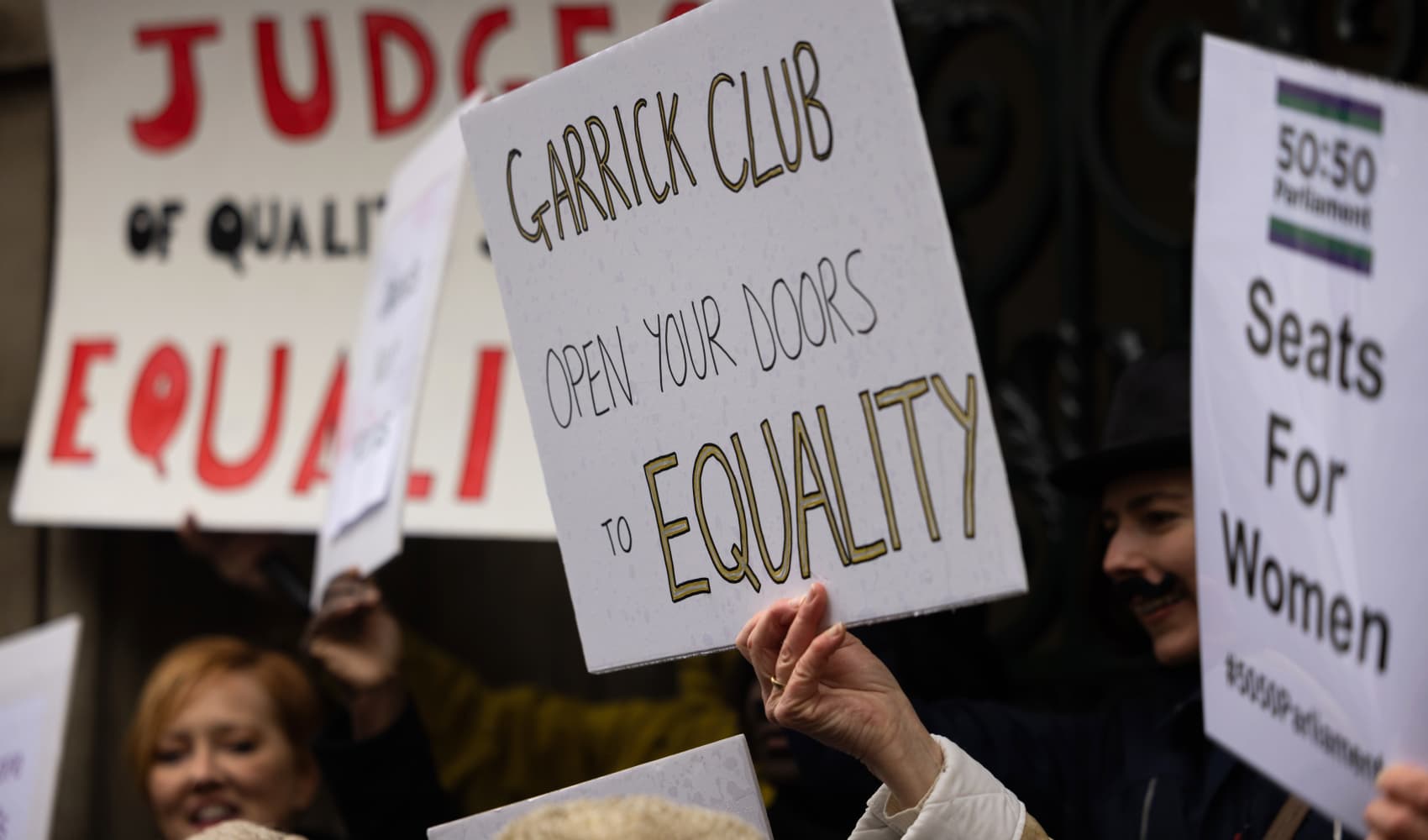
Jasmine Taylor knows a thing or two about getting a budget under control.
In January 2021, she found herself with $60,000 in student debt and another $9,000 in medical and credit card debt. Vowing to get her finances on track, she turned to YouTube and found "cash stuffing," a money management strategy in which budgeters divvy up their expenses using physical cash.
In her first year of budgeting, Taylor paid off $23,000 in student loans and wiped out her other debts. She left $20,000 in student loans untouched for a while in case forgiveness happened but has since resumed paying and is on track to wipe out her debt by the end of the year. She documented her budgeting journey on TikTok and soon found her posts going viral.
These days, Taylor runs her own cash-stuffing business, Baddies and Budgets, through which see sells budgeting supplies and other accessories while continuing to dispense money management advice to her customers and followers.
Get Southern California news, weather forecasts and entertainment stories to your inbox. Sign up for NBC LA newsletters.
Given what inflation has done to the average American budget, it's not all that surprising that food spending is near the top of the list of what Taylor's followers are struggling with.
"In the past six months or so, that's one of the first questions people ask me because groceries affect us all," Taylor tells CNBC Make It.
Taylor offers three strategies for anyone looking to curb their spending on food whether you follow a cash budgeting system or not.
Money Report
1. Hunt for coupons and rewards
Taylor recommends signing up with apps that give you rewards or cash back for doing your shopping, such as Fetch, Ibotta, Rakuten and Shopkick. "Download those apps on your phone. Those little $1 and $2 savings that you get back really add up," she says.
Don't forget the time-honored couponing method, which these days doesn't even require a pair of scissors.
"It used to always be clipping coupons, but most stores offer digital coupons and rewards, so sign up for those," Taylor says.
2. Shop with a plan
Taylor suggests planning out your meals for the upcoming week and listing out the ingredients you'll need before you go shopping. "Sit down, plan your meals and check your pantry for what you already have," she says. "Then make a plan for the grocery store."
While walking through the aisles, keep your calculator app open and add up what you put into your cart. Doing so will help you stay on budget and keep you from adding extraneous items that will inflate your bill.
If you're the sort of person who can't keep from buying a few extra things that weren't on the list, "Buying online and picking up curbside is a really good option," Taylor says.
3. Adjust your expectations
Under Taylor's cash budgeting method, you'd withdraw your paycheck in cash and put aside a set amount in an envelope for groceries. In theory, this gives you a hard cap on what you can spend, but Taylor says customers often try to cut too much at once.
"People come in who spend $800 a month on groceries, and then all of a sudden they say, 'I'm gonna spend $400,'" she says. "I'm like, 'OK, try it.' And it does not work."
In those cases, people end up having to take cash from other envelopes — usually the one earmarked for saving or tackling financial goals, such as investing or paying down debt.
When trying to cut your grocery budget, aim to take your spending down a little bit at a time. "Cutting 10% is realistic in the climate we're living in," Taylor says. "There's no way you're halving it unless you're doing some serious couponing and only shopping sales."
If you can get into the habit of staying on budget and avoiding overspending, you can take solace in the fact that little financial wins will eventually help you on the way to your money goals.
"It's not like we can ever change or affect the price of groceries," Taylor says. "But there are little things we can do here and there to save you a couple of dollars that really add up and pay off."
DON'T MISS: Want to be smarter and more successful with your money, work & life? Sign up for our new newsletter!
Get CNBC's free Warren Buffett Guide to Investing, which distills the billionaire's No. 1 best piece of advice for regular investors, do's and don'ts and three key investing principles into a clear and simple guidebook.
CHECK OUT: 38-year-old financial coach spends only $124 on groceries a month—her No. 1 tip for food shopping






